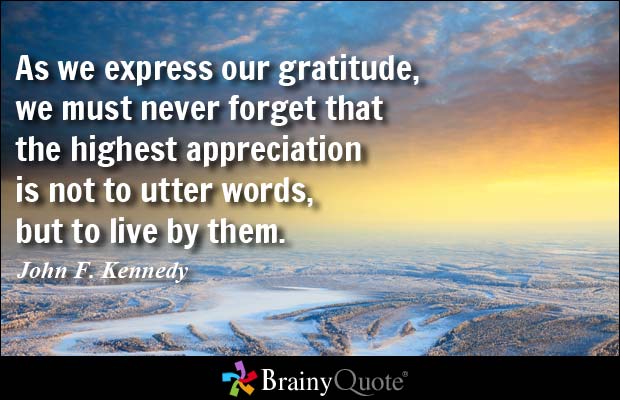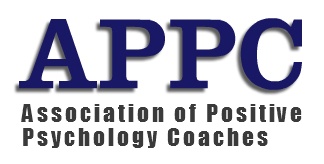
Thursday is Thanksgiving Day, or National Gratitude Day, as I like to call it.
We talk about practicing gratitude as if it is nothing but a nice thought, word, or feeling; a pleasant way to practice mindfulness. But it is much more than that. Gratitude is also a way of life. It's way more powerful when you live it, rather than just list it.
I am grateful that we have many years of research from positive psychology giants such as Robert Emmons, Martin Seligman, Barbara Fredrickson, Sonja Lyubomirsky, and Dacher Keltner.
Positive Psychology researchers have fine tuned what we understand about the power of gratitude.
We know, as a result, that gratitude practices are among the most powerful in shifting a life from languishing to flourishing. But not every gratitude practice is created equal. Habitually listing what you are grateful for everyday turns out to NOT be the the most effective way to express gratitude.
However, living your appreciation for what you have been given by your family, community, and country is powerful for you as well as for all those around you.
Don't settle just for wellbeing; create the magnificent life that is meant for you and others.
As the beloved American President, John F. Kennedy said, "As we express our gratitude, we must never forget that the highest appreciation is not to utter words, but to live by them."
What would it mean for you to live by your gratitude? How would your life change? How will you change the lives of others?
Here are a few ways I try to do this:
- I was blessed with a great Mom. She gave me the gift of knowing, beyond doubt, that I was unconditionally loved from the very beginning. It's something that can never be taken away. She loved all children and loved giving to a particular charity called, the Smile Train, that uses virtually all of its donations to repair cleft palates for impoverished children, who will be bullied at school, or kept home because of their appearance, and may never find a job or spouse. She felt blessed to be able to change the lives of little ones. Now that she's gone, I give to this charity in her name, knowing that I am truly making a difference. It feels wonderful and it is wonderful for many others, as well.
- I was also blessed to be a student of the late, Thomas Leonard, who was known for his integrity and generosity in establishing coaching as a genuine profession. I pay it forward by teaching his principles to my students and by helping to move the profession forward by incorporating the latest research in positive psychology, neuroscience, and emotional intelligence into the coaching tools we use. Experience early Thomas Leonard with the free ecourse based on his original writings about the Principles of Attraction.
- And I'm am continually blessed by the incredible caliber of the coaching students, volunteers, and staff at School of Coaching Mastery. They are the true pioneers of positive psychology coaching. Their success means the success of many others who come in contact with them. I frequently thank them by adding new content, resources, and benefits to the Certified Positive Psychology Coach program.
- And of course, I'm blessed by the over 20,000 readers who visit this blog every month. I try to include useful content in my posts and in the posts of our talented guest writers.

















